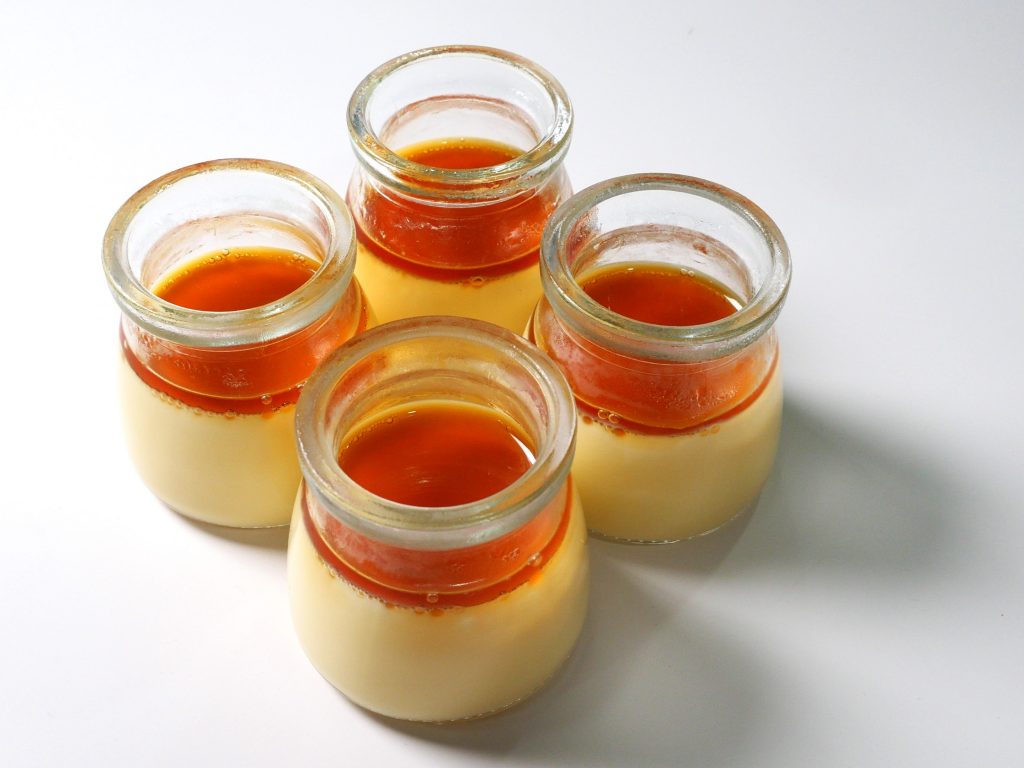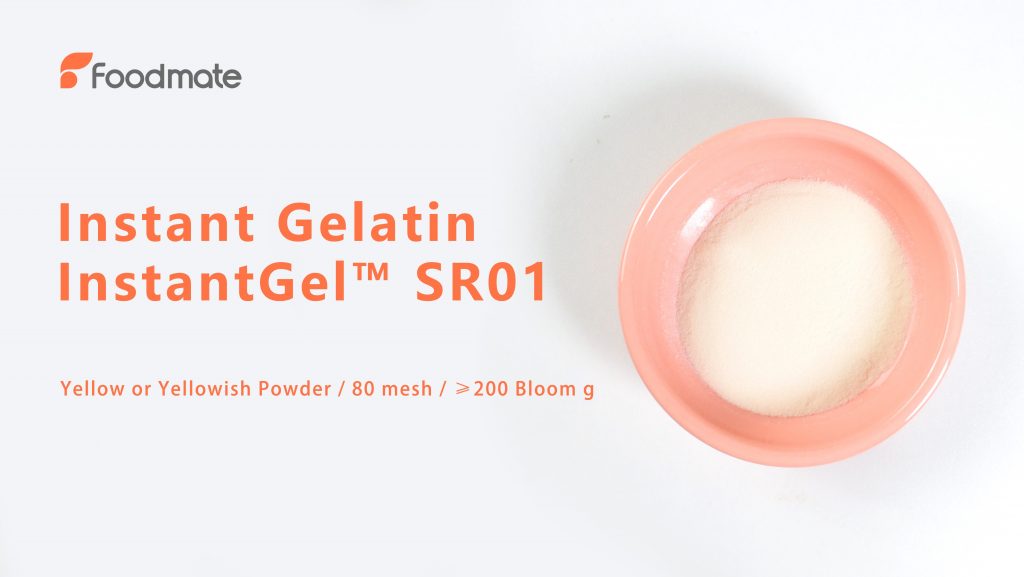Sugars such as fructose, maltose, dextrose, sucrose, lactose, galactose, and maltodextrin are added to foods in various ways. They’re used in everything from baked goods to beverages. Most people have heard of sugar alcohols — a group of naturally occurring carbohydrates found in fruits and vegetables.
Of all the different types of sugars, only fructose has been studied thoroughly. Fructose has been found to cause health problems such as kidney stones, heart disease, type 2 diabetes, obesity, and even cancer.
Sugar alcohols like Xylitol, Erythritol, and Mannitol are excellent alternatives to refined sugar.
These sugar alcohols can help you lose weight and improve your overall health!

Sugar alcohols may not be considered “real sugars,” but they contain enough sugar for the body to get the energy it needs. However, sugar alcohols do not raise blood glucose levels nor lead to fat gain.
Sugar alcohols are often added to foods and beverages to reduce calories or replace other sugars. In addition to this, some people may choose to add them for weight loss reasons. Although, the amount of sugar and alcohol in foods and drinks is small and is unlikely to contribute to significant calorie intake.
However, there has been research suggesting that sugar alcohol may be addictive! OR ARE THEY?
Sugar Alcohols: What Are They and Why Should You Care?
Sugar alcohols may not be thought of as being “real sugars,” but they contain enough sugar for the body to get the energy it needs. However, sugar alcohols do not raise blood glucose levels nor lead to fat gain.
Sugar alcohols are made when sucrose is treated with an enzyme called alpha-1,4-glycosidase. To be classified as a “sugar alcohol,” it must be between 4 and 8 molecules in size. It must be hydroxylated, meaning it contains at least one hydroxyl group (OH) in place of a hydrogen atom (H). A molecule of glucose would be 6 OH groups.
People who are overweight or have diabetes may use sugar alcohols because they are considered a healthier alternative to regular sugar. Sugar alcohols are generally regarded as safe to use. Sugar alcohols are not digested by our bodies and therefore do not impact metabolism. The body processes them as food. Sugar alcohols are generally categorized into three categories: polyols (e.g., mannitol, sorbitol), oligosaccharides (e.g., maltitol, maltose), and polydextrose. Each class has a different function in the human body.
Sugar Alcohols in Your Diet
It’s very easy to see sugar-alcohol in beverages, but what about food? It turns out that they’re found in a wide variety of foods, including:
- Bread
- Candy
- Condiments
- Drinks
- Fruit juices
- Granola bars
- Health foods
- Snacks
- Cookies
- Desserts
- Muffins
- Pancakes
- Peanut butter
- Pasta
- Pie crust
- Potato chips
- Processed meats
- Popcorn
- Shake mixes
- Toffee
- Trail mix
- Vegetables
- Vodka
- Waffles
Many of the foods listed above also have other sugar alcohols in them. For example, you may find Erythritol in some candies, Maltitol and Xylitol in many granola bars!
Sugar Alcohols in Your Drinks
There are many different types of sugar alcohols, including sorbitol, xylitol, mannitol, maltitol, and Erythritol
Sugar alcohols can be found in various foods and beverages. These include baked goods, candy, desserts, snacks, chewing gum, and soft drinks.
While sugar alcohols are healthier than refined sugar, they may cause several health issues, such as tooth decay, digestive problems, and weight gain. This is why most nutritionists recommend avoiding the use of sugary alcohol.
Although sugar alcohols are generally safe for most people, some have difficulty digesting them. For example, people with difficulty absorbing nutrients or an overgrowth of bacteria in the gut can develop gastrointestinal symptoms.
Many people find themselves unable to metabolize sugar-alcohols into usable energy. These include lactose intolerant individuals and those with liver disease, chronic infections, or malabsorption issues. Some people may develop an intolerance to the sugar alcohols in their diet after having a severe allergic reaction to another substance.
In these cases, the person’s sensitivity is similar to that of people who are allergic to gluten. This leads to a condition known as gluten intolerance. If you are sensitive to these types of sugar alcohols, then you should avoid consuming them.
Sugar Alcohols in Your Body
Understanding what types of sugar alcohols are in our bodies is essential! There are two main categories: Polyols and Mono/Diacetyl Sugars (MSG).
Sugar alcohols are commonly used as low-calorie sweeteners in many diet foods and beverages. They are a popular ingredient in baked goods, candies, and sweets. Most of us probably consume one or more sugar-alcohol each day.
Polyols are a group of compounds with the chemical formula CH2(OH)xH where x = 2 to 4. Polyols, such as mannitol, sorbitol, xylitol, and Erythritol, are carbohydrates that occur naturally in fruit, honey, and rice. Some additives are chewing gum, candies, baked goods, and other food products.
Monomeric and diacetylfructoses are known as MSG (Mono/Diacetyl Sugars) and are widely used in flavoring, coloring, and sweetening food products, such as soy sauce, bread, and salad dressing.
The Science Behind Sugar Alcohols And If They Are Addictive!
Sugar alcohols are derived from sugars and have less than half the calories and carbohydrate content of sucrose. In the past, there was concern that sugar alcohols had the same addictive properties as other sugars and could cause obesity, tooth decay, and contribute to diabetes. This was because, since the chemical makeup of these sweeteners is similar to sugar, they stimulate the same areas of the brain as sugar, including the hypothalamus, hippocampus, and amygdala.
However, in recent years, studies have shown that people who consume artificial sweeteners regularly do not exhibit signs of addiction in the same way that they would with traditional sweeteners. Instead, research shows that sugar alcohols have a unique physiological response in the body that is less pronounced than the effects of natural sugars. The BEST PRACTICE, as per Health Professionals, is to take as low as possible and intake a mix of all required dietary consumption levels, as per the suggestions from your dietician.






